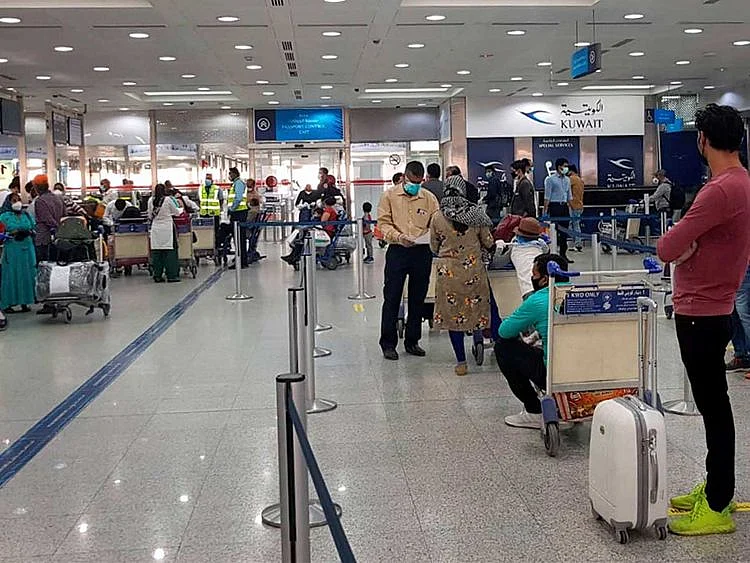Cairo: Kuwaiti authorities are likely to impose penalties on sponsors of foreigners who came to the country on visit visas and have not left in violation of rules, a local newspaper has reported.
The penalties could include a two-year ban on those sponsors for obtaining any sponsorship visas, Al Anba added.
The measures are being considered by the Interior Ministry after reports have shown that some 14,650 foreigners have entered Kuwait on visit visas in the past three years and have not left for their home countries, swelling illegal expatriates in Kuwait, the paper quoted an unidentified source as saying.
“The ministry is studying the possibility of giving illegals, numbered at 149,195 until May 1, a new grace period to leave the country without paying fines,” the source said.
After departing from Kuwait, those illegals, the source said, can be allowed to return to the country on new visas without being placed on non-entry lists.
“This grace period can be the last. After it, the ministry will launch massive campaigns and take extra measures against the violators and those sheltering them,” the source said.
Kuwait has repeatedly extended the grace period for illegal foreign residents to readjust their status.
The Gulf country has sought to redress its demographic imbalance amid fallout from the COVID-19.
Foreigners make up nearly 3.4 million of Kuwait’s overall population of 4.6 million.
In recent months, there have been increasing calls in Kuwait for curbing foreigners’ employment along accusations that migrant workers have strained the country’s infrastructure facilities amid economic repercussions from the pandemic.
Sign up for the Daily Briefing
Get the latest news and updates straight to your inbox
Network Links
GN StoreDownload our app
© Al Nisr Publishing LLC 2026. All rights reserved.
